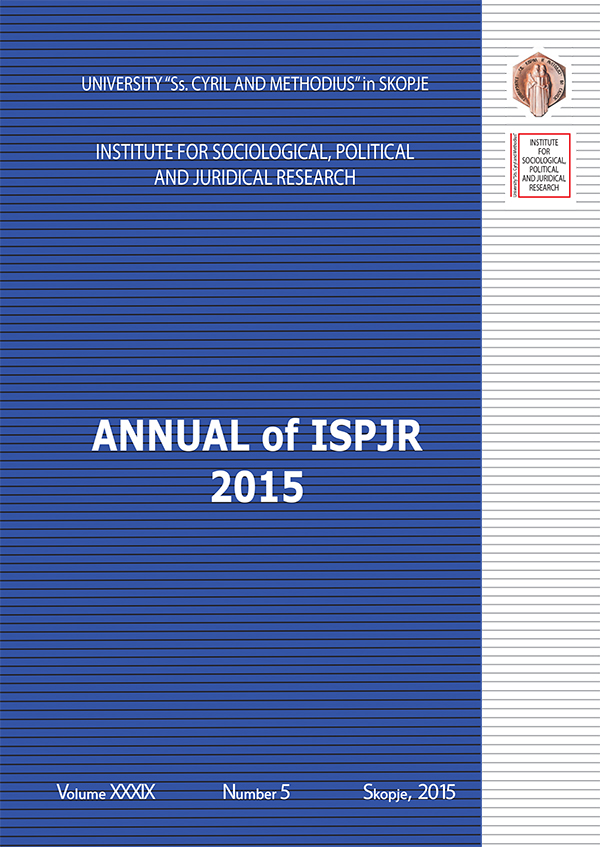BULGARIA, CUBA, UZBEKISTAN: THREE VERY DIFFERENT EXPERIENCES WITH COMMUNISM THAT TURNED UP TO AN IMPASSE
BULGARIA, CUBA, UZBEKISTAN: THREE VERY DIFFERENT EXPERIENCES WITH COMMUNISM THAT TURNED UP TO AN IMPASSE
Author(s): Stephan E. NikolovSubject(s): Political history, Government/Political systems, History of Communism, Post-Communist Transformation, Inter-Ethnic Relations
Published by: Институт за социолошки и политичко-правни истражувања
Keywords: Bulgaria; Cuba; Uzbekistan; post-communist realities; political regimes; ethnic relations;
Summary/Abstract: Bulgaria, Cuba and Uzbekistan seem quite different and distant one from another. It appears futile to juxtapose Southeast European Bulgaria, Central American island of Cuba, and Central Asian landlocked Uzbekistan. Cuba is almost completely Catholic, though with relatively strong impact of the pagan Santeria; Uzbekistan is predominantly moderate Moslem country; in Bulgaria, Eastern Orthodox Christianity prevails, with some 10-15% of mainly Moslem population and small presence of predominantly Christian denominations. Ethnically, Cuba is presumably most diverse, with white and Black people, and descendants of many mixed marriages. Ethnic picture in Bulgaria matches that of confessions presented, with prevalence of Christian Bulgarians, but also Bulgarian Turks, Roma, Bulgarian Moslems (Pomaks), and negligible other groups of Armenians, Jews and other – with all typical for the Balkans disparity between official data, self identification controversy, and claims of adjacent countries to share separated by the borders ethnicities often with other names. Uzbeks constitute 81% of their country’s population, followed by Russians, Tajiks, Kazakhs, and others more than 100 Nations and nationalities. Despite their remoteness and attachment to diverse types of cultural traditions, national specificity, and historical background, deeper knowing of these countries reveal some significant similarities. It is the communist legacy that brings them together. Article is focused on the analysis of their experience with the post-communist realities.
Journal: Annual of the Institute for Sociological, Political and Juridical Research
- Issue Year: XXXIX/2015
- Issue No: 5
- Page Range: 9-21
- Page Count: 13
- Language: English

